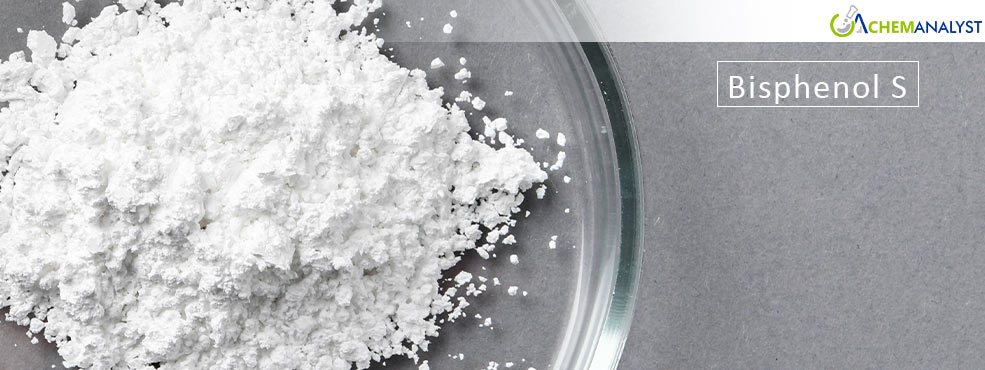Welcome To ChemAnalyst

Bisphenol S (BPS) prices remained under pressure in Asia in early April 2025, weighed down by weak downstream demand, high inventory levels, and slower export activity. With construction-linked sectors struggling and overseas orders falling, the market saw minimal restocking. A seasonal recovery in Q2 may offer mild support.
BPS prices stayed weak in China due to low demand from the epoxy resin and polycarbonate (PC) industries. Real estate sales fell 11.1% year-on-year in Q1 2025, cutting into construction-related consumption. Foreign trade orders dropped in February and March, pushing more supply into the domestic market. Port congestion at Qingdao further slowed exports.
Although some plants were under maintenance earlier in the year, overall output remained high. Traders continued to face high inventory levels and limited bulk orders, resulting in discounts. Feedstock phenol and sulfuric acid costs remained steady, offering little cost pressure. Sentiment was cautious, with most buyers opting for short-term purchases.
Demand for BPS in Japan was subdued. The construction sector faced delays in infrastructure and low housing starts, weighing downstream consumption in coatings and resins. Export interest was limited, and buyers remained conservative due to uncertain global conditions.
BPS demand in India was modest. New residential supply dropped 34% year-on-year in Q1, affecting construction-related demand. Bengaluru showed some resilience, but this wasn’t enough to lift overall sentiment. In the auto sector, March sales dipped 0.7% YoY but rose 12% MoM due to festive buying, providing limited support to the BPS market.
Buyers remained cautious, purchasing only on a need basis. While coatings and resins showed some movement, the broader market stayed flat. Market confidence was also impacted by rising global trade uncertainty. However, the U.S. decision to cut anti-dumping duties on South Korean epoxy resins may boost downstream activity, potentially supporting BPS demand.
The South Korean market remained weak amid declining domestic and external demand. Sluggish construction investment and weak consumer spending slowed local demand for BPS-linked products. Export activity, though slightly improved from earlier lows, overall remained soft. U.S. tariff hikes and global trade tensions added to the strain. However, the U.S. move to lower anti-dumping tariffs on South Korean epoxy resin could support resin production and, by extension, BPS demand in the months ahead.
According to ChemAnalyst data, BPS prices may receive mild support in Q2 2025. Maintenance activity in key Asian plants, recovering seasonal demand in construction, and renewed procurement from Middle Eastern buyers could lift consumption and ease supply pressure slightly.
We use cookies to deliver the best possible experience on our website. To learn more, visit our Privacy Policy. By continuing to use this site or by closing this box, you consent to our use of cookies. More info.
